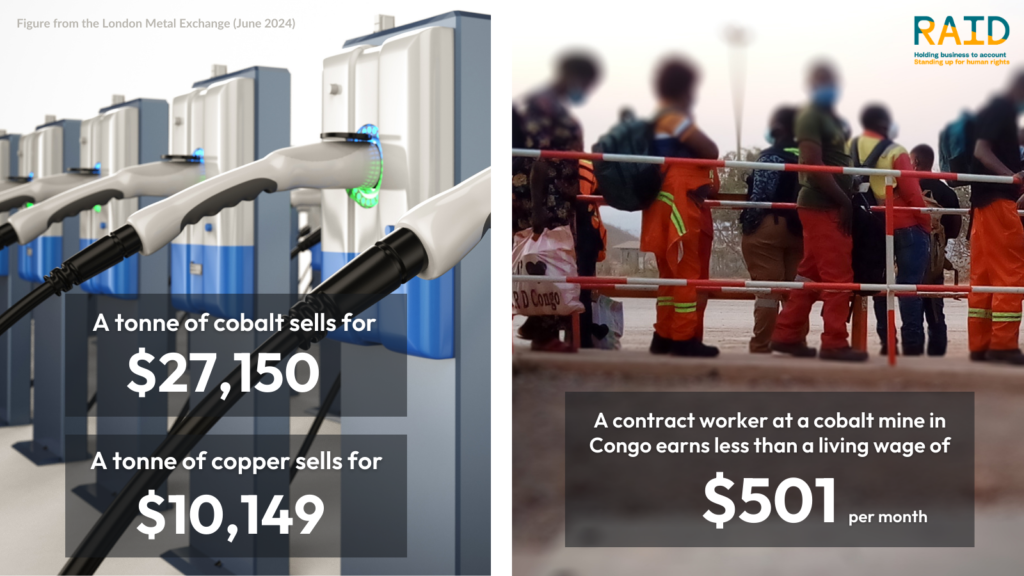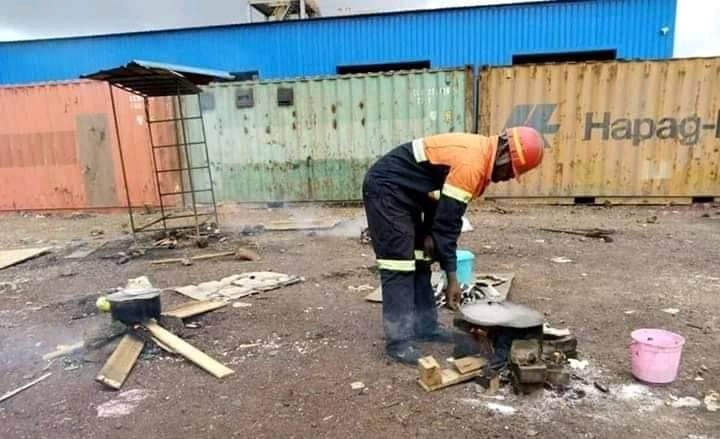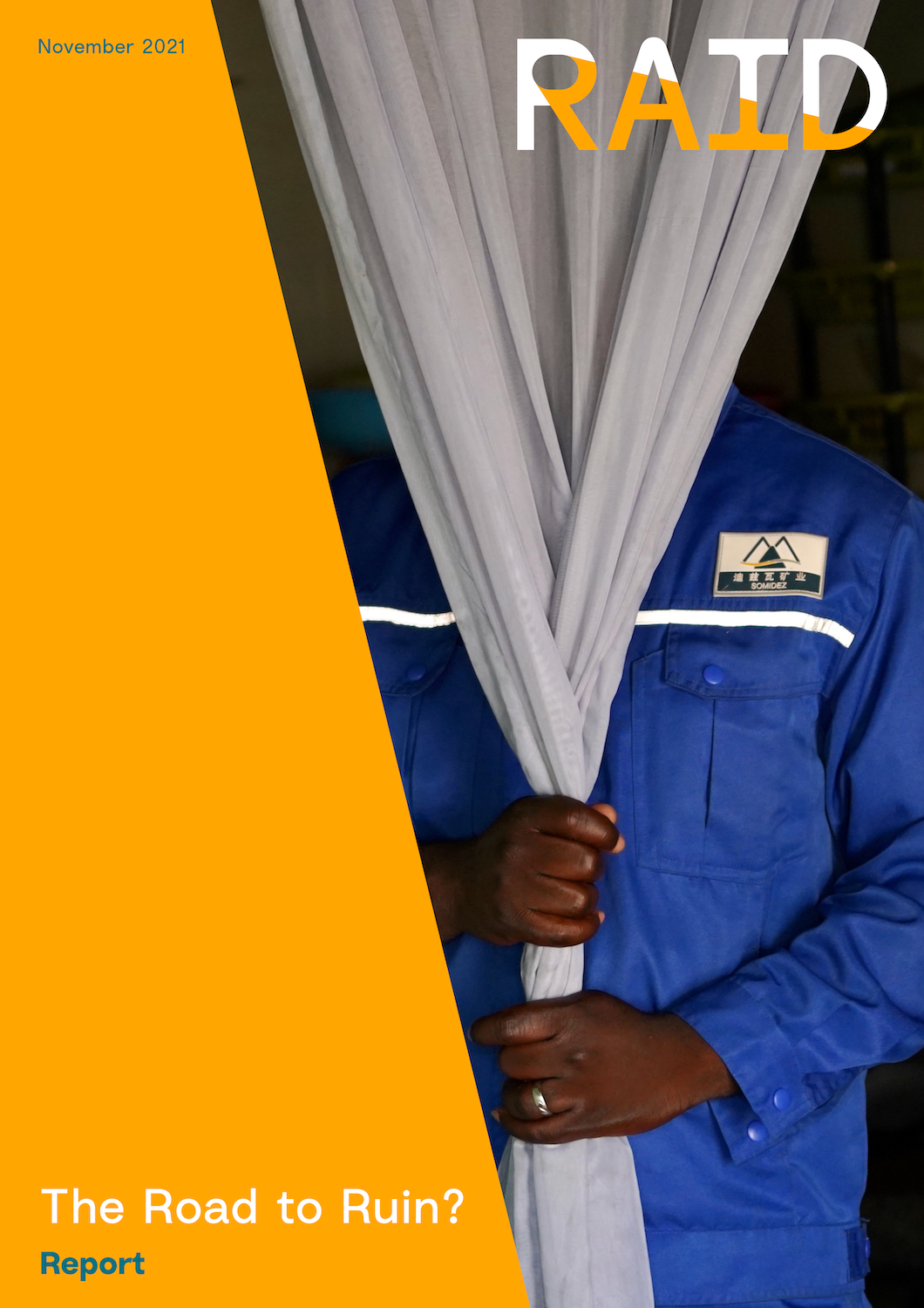Mining companies gathering at DRC Mining Week should commit to paying a living wage
Tens of thousands of cobalt and copper mine workers in the Democratic Republic of Congo (DRC) labouring for the green energy transition are trapped in an exploitative low wage system which fails to meet their basic needs and keeps them well below the poverty line.
New research released today by UK-based corporate watchdog RAID and Kolwezi-based Centre d’Aide Juridico-Judiciaire (CAJJ) reveals that the monthly minimum “living wage” is at $501, an increase from the previous estimate of $480 in 2023. The research found that prices for basic goods in Kolwezi’s markets have continued to rise. This is partly impacted by the Congolese Franc losing its value against the dollar and reducing workers’ purchasing power in the DRC’s highly dollarized economy.
Josué Kashal, Evaluation and Monitoring Manager at CAJJ said: “Our new living wage analysis shows that workers vital to the energy transition are struggling to meet the cost of basic items. Essential products have increased in price since last year. The sad reality is that workers are getting poorer, and their living conditions are deteriorating, while their multinational employers seem to be reaping huge profits. Congolese workers labouring for the world’s transition to clean energy should not be paying the price of that transition, they also deserve to benefit from the cobalt and copper boom.”
The first-ever living wage calculation for industrial cobalt mine workers in Kolwezi was published in 2021 as part of an in-depth report exposing a system of widespread exploitation of Congolese workers at five large-scale copper-cobalt mines. The research found that the subcontracting model used by mining companies has led to serious labour rights violations. Unlike directly hired employees, the thousands of workers hired via subcontracting companies, estimated to make up 57% of the mines’ workforce, are subjected to excessive working hours, degrading treatment, violence, discrimination, racism, unsafe working conditions, and a disregard for basic health provision.
According to RAID and CAJJ’s research, 63% of the contractors interviewed in 2021 and 2022 earned much less than the living wage, which was calculated at $402 per month at the time. This calculation was updated in 2023 at $480 per month and has since increased to $501.

Anneke Van Woudenberg, Executive Director at RAID said: “The mining industry’s claims of supplying ‘sustainable’ green minerals to the world’s markets are simply not matched by the dire reality facing thousands of exploited Congolese workers. Mining companies at DRC Mining Week should publicly commit to paying a living wage to all their workers, whether employed directly or indirectly via subcontractors. EV companies and others in the cobalt and copper supply chain need to play their part and insist that a living wage for workers is non-negotiable.”
Cobalt and copper are both essential minerals for green energy: cobalt is used in the lithium-ion batteries that power electric vehicles (EV), while copper is needed to build the charging infrastructure. Over 70% of the world’s cobalt is extracted in Kolwezi, DRC, and the country is the third largest copper producer.
This week, 1,300 delegates from 57 countries will meet at DRC Mining Week in Lubumbashi to discuss fuelling economic growth in the region. RAID and CAJJ urge mining representatives and policymakers to commit to paying a living wage to all their workers, both those hired directly as well as those employed indirectly via subcontractors.
The Cobalt Institute established that demand for cobalt had reached close to 200 kt for the first time in 2023, with the overall market size more than doubling since 2016.
Pour une version en français, cliquez ici.


